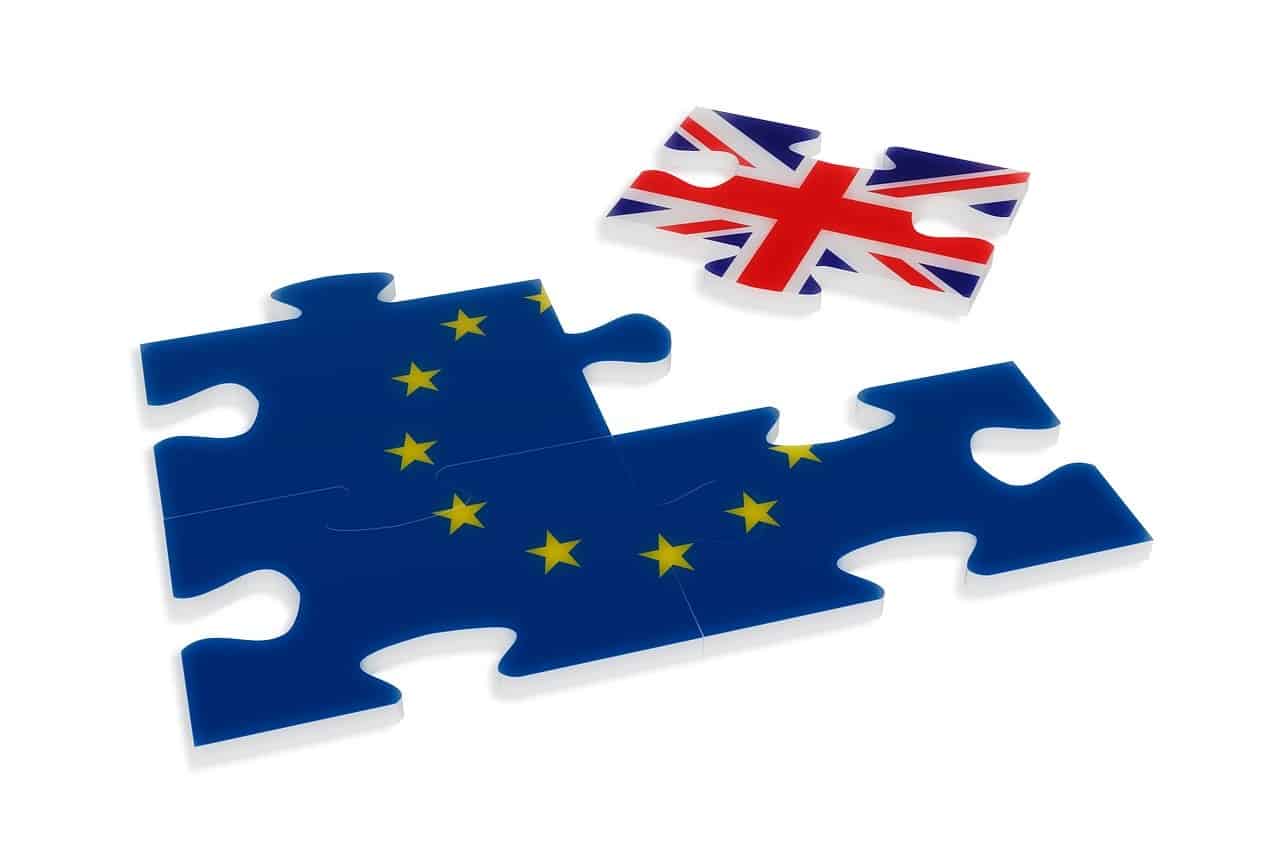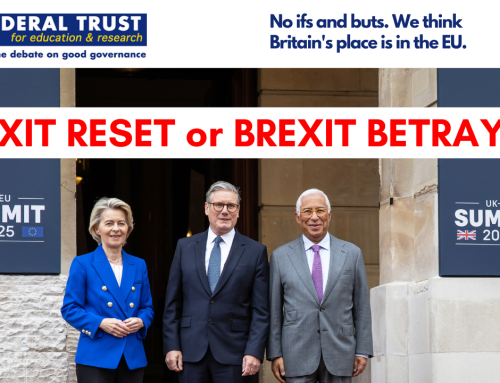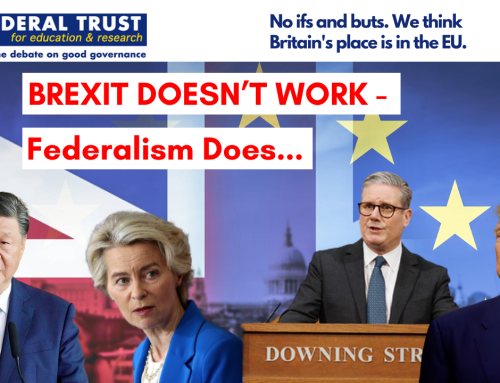This article was first published by The Parliament Magazine.
There was a time when Brexit was the only thing we wanted to talk about. Now it seems to be a conversation stopper on both sides of the channel.
Many Britons are walking instead of talking. A recent study has shown that 17,000 more British citizens per year have moved to an EU Member State since 2016.
Meanwhile, the Brexit negotiations are failing to engage the public’s attention. The UK’s Chief negotiator, David Frost, burbles a never-ending stream of platitudes: “We have had constructive discussions on trade in goods and services, and in some of the sectoral agreements … but considerable gaps remain.”
Meanwhile, Michel Barnier continues to insist there is little prospect of a trade deal by the time of the October EU Council (15-16 October). That is a key date as any agreement must be vetted and ratified before the transition ends on 31 December.
David McAllister, Chair of the European Parliamentary Committee on the UK-EU’s future relationship said, “The end of October is a solid deadline for the European Parliament to scrutinise the agreement before giving its consent.”
A no-deal Brexit would see food and car prices rise in the UK, for example, as well as shortages of medicines. No one has made a secret of the fact that there would be huge delays and tailbacks at Dover. Yet there are, as yet, few signs of panic.
In 2019, Boris Johnson unexpectedly, agreed a border down the Irish sea, breaking a promise not to do so. Can he pull another rabbit out of the hat today?
A new trade deal would be seen by Eurosceptics as backsliding on a commitment to make a clean break with the EU.
Iain Duncan Smith, a member of the European Research Group (ERG) and former party leader, has even started to attack the existing Withdrawal Agreement on the grounds that it commits the UK to paying its debts.
The last time such reactionary sentimentality got in the way of clear strategic thinking was the 1930s. That is why it is right to compare the ERG with appeasers.
If the ERG is a roadblock, Johnson also knows a no-deal Brexit during the COVID crisis could also spell defeat politically. Is there a way out of this conundrum?
When Tony Blair wanted to tack to the centre without upsetting Labour’s traditional base, he adopted the Third Way. Could such an idea serve Johnson now?
Brexit lies at the nexus of two powerful traditions in British politics. Ideological nationalism demands independence. Equally, the pragmatists don’t want Britain to cut off its nose to spite its face. Can both strands be satisfied at the same time?
What appears to matter to Boris Johnson, is not the future of EU-UK relations but the political narrative in the UK. The Third Way was as much about semantics as substance and could suit him very well. What would it look like in practice?
In a paper published on 30 May, the Institute for Government in London identified four ways in which the UK and EU could still create more time.
Two of these options seem fanciful, as they both require extending the transition, either by changing the agreed date or by means of a new treaty.
The other two options involve the adoption of an implementation phase, either as part of treaty about the future relationship or in preparation for a no-deal Brexit.
Commenting on the research, Georgina Wright said, “An implementation phase would give the government and businesses the best opportunity to adapt to the new trading relationship, deal or no deal.”
Boris Johnson would no doubt have to dress up such a statement in another culinary metaphor. This time he might say he has put his oven-ready deal in the freezer or alternatively, preparations for a no deal Brexit “on ice.”
In the meantime, Britain (and the EU) would avoid crashing out of the EU on 31 December in the midst of a global pandemic.
It won’t stop Britons leaving the UK in droves. But it might give Britain the space it needs to have a serious conversation with itself about the future.






